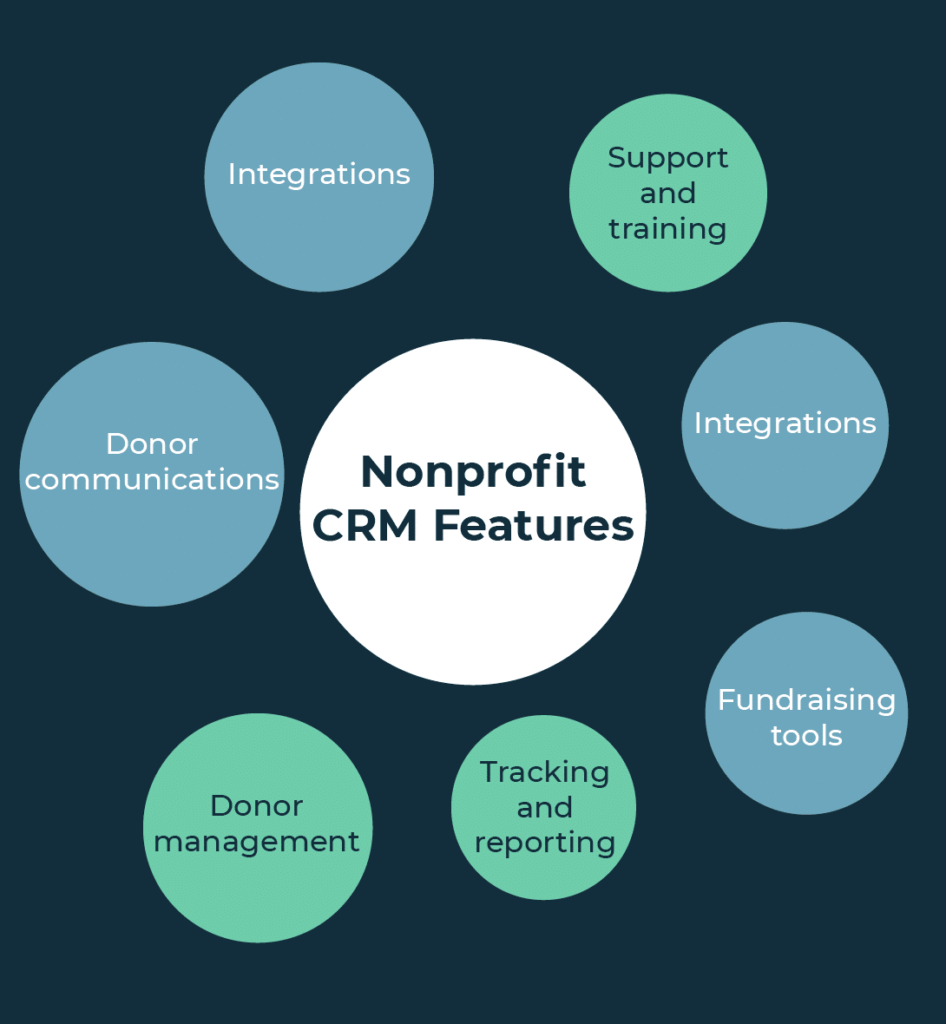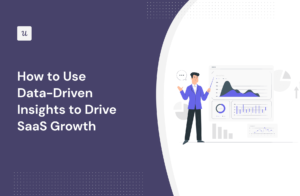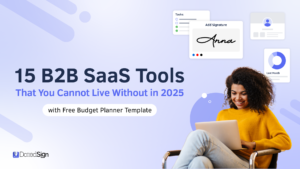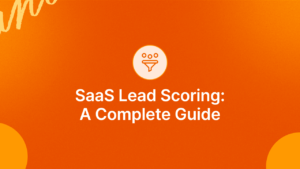Using a CRM for non-profit management can greatly improve efficiency. It helps in organizing donor information, tracking interactions, and managing campaigns.
Non-profit organizations often face challenges in managing their resources and maintaining relationships with donors and volunteers. A Customer Relationship Management (CRM) system can be a game-changer for these organizations. It provides a centralized platform to store and manage data, making it easier to keep track of all interactions and activities.
With a CRM, non-profits can streamline their operations, ensure better communication, and enhance their fundraising efforts. This introduction will guide you on how to effectively use a CRM for non-profit management, highlighting the key benefits and steps to get started. Let’s dive in and explore how a CRM can transform your non-profit organization.
Introduction To Crm For Non-profits
Managing a non-profit organization can be challenging. You need to track donors, manage events, and measure impact. A Customer Relationship Management (CRM) system can help. It organizes data and improves communication. Let’s explore how CRM can aid non-profits.
Importance Of Crm
CRM is crucial for non-profits. It helps in managing donor information. You can track donations and monitor interactions. This data helps in building strong relationships. It also aids in planning and executing campaigns. With CRM, you can manage volunteers and events effectively.
CRM systems provide valuable insights. They help in understanding donor behavior. This knowledge is useful in creating targeted campaigns. CRM also improves communication. It ensures that all team members are on the same page. This coordination enhances productivity.
Unique Needs Of Non-profits
Non-profits have unique needs. They focus on impact rather than profit. Hence, their CRM requirements differ. Non-profits need to manage a large number of volunteers. They also need to track donations and grants. CRM systems designed for non-profits address these needs.
Non-profits often rely on recurring donations. A CRM can help in managing these. It automates reminders for donors. This ensures a steady flow of funds. Non-profits also need to report their impact. CRM systems help in generating these reports. They provide data that shows the difference made by the organization.
In summary, CRM systems are essential for non-profits. They help in managing data, improving communication, and enhancing productivity. They address the unique needs of non-profits and aid in achieving their goals.
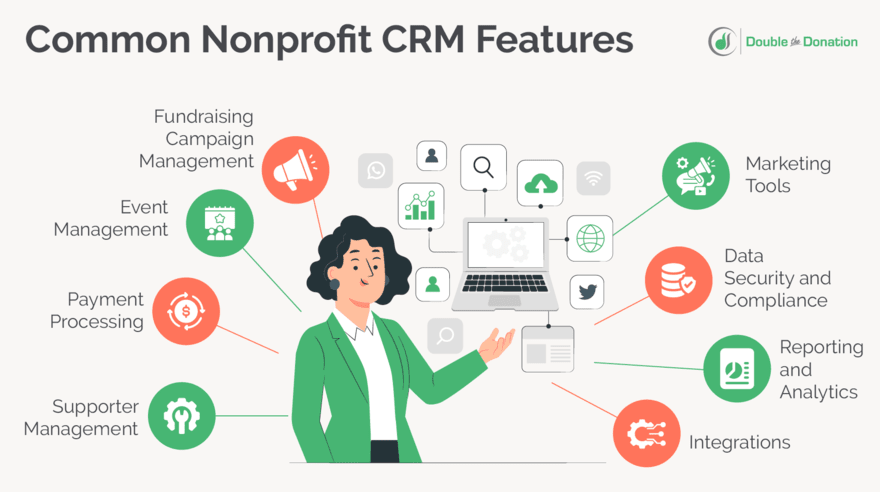
Credit: doublethedonation.com
Discover engaging insights on CRM and Customer Support by reading this featured article. Saas CRMs for Multilingual Customer Support: Boost Global Engagement
Choosing The Right Crm
Non-profits can streamline operations by choosing the right CRM. Effective CRM systems help manage donors, track donations, and organize events. Simple tools make tasks easier, saving time and resources.
Choosing the right CRM for your non-profit can feel overwhelming. There are many options available, each with different features and prices. The CRM you choose will impact your organization’s efficiency and success. This section will guide you through the key aspects to consider.Key Features To Look For
A CRM for non-profits should have specific features. Look for donor management tools. These help you track donations and donor interactions. Volunteer management is also crucial. It helps you organize and schedule volunteer activities. Event management tools are useful too. They simplify planning and tracking event details. Reporting and analytics features are important. They help you make data-driven decisions. Integrations with other tools can enhance functionality. Ensure the CRM can connect with your email marketing or accounting software.Budget Considerations
Non-profits often have tight budgets. Choose a CRM that fits your financial constraints. Many CRMs offer non-profit discounts. Some even provide free versions with limited features. Compare the cost of different plans. Ensure you understand what each plan includes. Consider the total cost of ownership. This includes setup fees, training, and ongoing support. A CRM that is too expensive may strain your budget. Look for a balance between cost and features. Investing in the right CRM can save money in the long run. “`Implementing Crm Systems
Implementing a CRM system in a non-profit organization can streamline operations and improve donor management. This process can seem complex, but with the right steps, it becomes manageable. Here’s how to ensure a smooth CRM system implementation.
Steps For Successful Implementation
Follow these steps to ensure the successful implementation of a CRM system:
- Define Your Goals: Identify what you want to achieve with the CRM. This could be better donor management, improved volunteer coordination, or enhanced reporting capabilities.
- Choose the Right CRM: Select a CRM system that fits your non-profit’s needs. Ensure it has the features and integrations you require.
- Prepare Your Data: Cleanse and organize your existing data. This makes data migration smoother and more efficient.
- Customize the CRM: Tailor the CRM to match your organization’s processes and workflows. Customize fields, dashboards, and reports as needed.
- Test the System: Perform thorough testing of the CRM. This helps identify any issues before the full rollout.
- Roll Out in Phases: Implement the CRM in stages. This reduces disruption and allows for adjustments based on feedback.
Interested in CRM and Customer Support? We've got you covered with this resourceful post. Why Does Zoho CRM Have List Descending: Top Benefits Explained
Training Your Team
Training your team is crucial for the successful adoption of a CRM system. Here are some tips for effective training:
- Develop Training Materials: Create guides, tutorials, and FAQs. These resources help team members learn at their own pace.
- Conduct Workshops: Hold hands-on training sessions. These workshops provide practical experience and allow for questions and answers.
- Assign Super Users: Designate a few team members as super users. They can provide ongoing support and training to others.
- Encourage Continuous Learning: Promote ongoing education and refresher courses. This keeps everyone up-to-date with the CRM’s features and best practices.
By following these steps and ensuring thorough training, your non-profit can effectively implement a CRM system. This leads to better management and improved outcomes for your organization.
Managing Donor Relationships
Non-profits thrive on the support of their donors. Managing these relationships is crucial. A CRM (Customer Relationship Management) system can help. It organizes and tracks interactions with donors. This ensures a smooth and effective management process.
Tracking Donations
Tracking donations is essential. A CRM system makes it easy. It records each donation, whether big or small. This helps in maintaining accurate records. Non-profits can generate detailed reports. These reports show who donated, how much, and when.
| Donor Name | Donation Amount | Date of Donation |
|---|---|---|
| John Doe | $500 | 2023-01-15 |
| Jane Smith | $300 | 2023-02-20 |
CRMs also categorize donations. For instance, you can track:
- One-time donations
- Recurring donations
- Special campaign contributions
Engaging Donors Effectively
Engaging donors is key. A CRM can automate this. It sends timely emails and updates. Donors receive thank-you notes and newsletters. This keeps them informed. They feel valued and appreciated.
Here are some ways to engage donors:
- Send personalized thank-you emails.
- Update them on how their donations are used.
- Invite them to events and activities.
- Share success stories and impact reports.
Using a CRM, you can segment your donor list. This helps tailor communications. For example, major donors might receive detailed impact reports. Casual donors might get general updates.
A CRM system is an asset for non-profits. It helps manage donor relationships efficiently. This leads to better engagement and continued support.
Curious about CRM and Customer Support? This post offers a deeper understanding. Real-Time Metrics Tracking for E-Commerce CRM Users: Boost Sales Now
Enhancing Volunteer Coordination
Effective volunteer coordination is crucial for non-profits. Volunteers are the backbone of many organizations. Managing them efficiently ensures a successful mission. A Customer Relationship Management (CRM) system can play a vital role. By using CRM, non-profits can streamline volunteer coordination. This leads to better engagement and higher productivity.
Scheduling And Communication
Scheduling volunteers can be challenging. A CRM system simplifies this task. It allows you to create and manage schedules easily. Volunteers can view their shifts online. They can also sign up for new opportunities. This ensures there are no gaps in coverage. Communication is also important. CRM systems offer various communication tools. These include emails, texts, and notifications. Volunteers stay informed about upcoming events and changes. This reduces confusion and improves attendance.
Tracking Volunteer Hours
Tracking volunteer hours is essential for many reasons. It helps in recognizing their contributions. It also assists in reporting to stakeholders. A CRM system makes tracking hours easy. Volunteers can log their hours online. Administrators can view and verify these logs. This ensures accurate record-keeping. It also helps in generating reports quickly. These reports can be used for grant applications and audits.
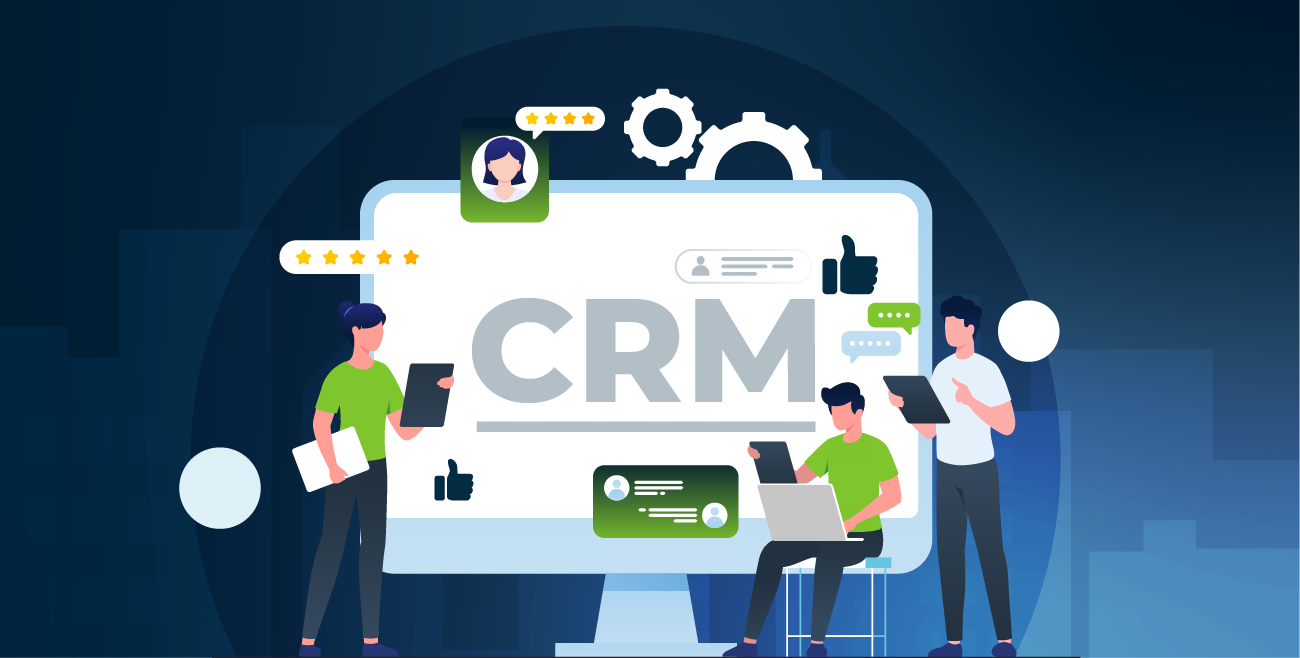
Credit: www.aptaria.com
Streamlining Fundraising Efforts
Effective fundraising is vital for non-profit organizations. The use of Customer Relationship Management (CRM) systems can greatly enhance this process. By leveraging CRM tools, non-profits can streamline their fundraising efforts, ensuring better donor engagement and more successful campaigns.
Campaign Management
Managing campaigns can be complex for non-profits. A CRM simplifies this task. It helps track donor interactions and campaign progress. You can segment donors based on various criteria. This allows for personalized communication. Tailored messages improve donor response rates.
CRM also provides detailed analytics. These insights are crucial. They help understand which campaigns work best. You can adjust strategies based on this data. This ensures more efficient use of resources.
Event Planning
Events play a significant role in fundraising. CRM systems assist in planning and managing these events. They help keep track of invitees, RSVPs, and attendance. This ensures no detail is overlooked.
CRMs also streamline communication. Automated reminders and follow-ups save time. They ensure attendees are well-informed. This leads to better turnout and engagement.
Post-event, a CRM helps with data collection. You can analyze attendee feedback and donation trends. This information is invaluable. It helps plan even more successful events in the future.
Analyzing Data For Better Decisions
Analyzing data is crucial for making informed decisions in non-profit management. Using a CRM system can help streamline this process. By generating reports and utilizing insights, non-profits can better understand their operations. This can lead to more effective strategies and impactful decisions.
Generating Reports
A CRM system allows non-profits to generate detailed reports. These reports can include donor information, campaign effectiveness, and volunteer engagement. Having access to this data in a structured format helps in tracking progress. It also highlights areas that need improvement.
Reports can be customized to focus on specific metrics. This ensures that the data is relevant to the organization’s goals. Regular reporting helps in monitoring trends and making timely adjustments. It also provides a clear picture of the overall performance.
Utilizing Insights
Insights derived from CRM data can guide strategic decisions. They help in identifying patterns and predicting future outcomes. For instance, analyzing donor behavior can aid in optimizing fundraising efforts. Understanding volunteer preferences can improve engagement strategies.
Utilizing insights means turning raw data into actionable plans. This enhances the efficiency of non-profit operations. Data insights can also reveal new opportunities. For example, finding new donor segments or identifying successful outreach methods.
In summary, a CRM system provides valuable data for non-profits. Analyzing this data through reports and insights leads to better decisions. This ultimately supports the mission and growth of the organization.
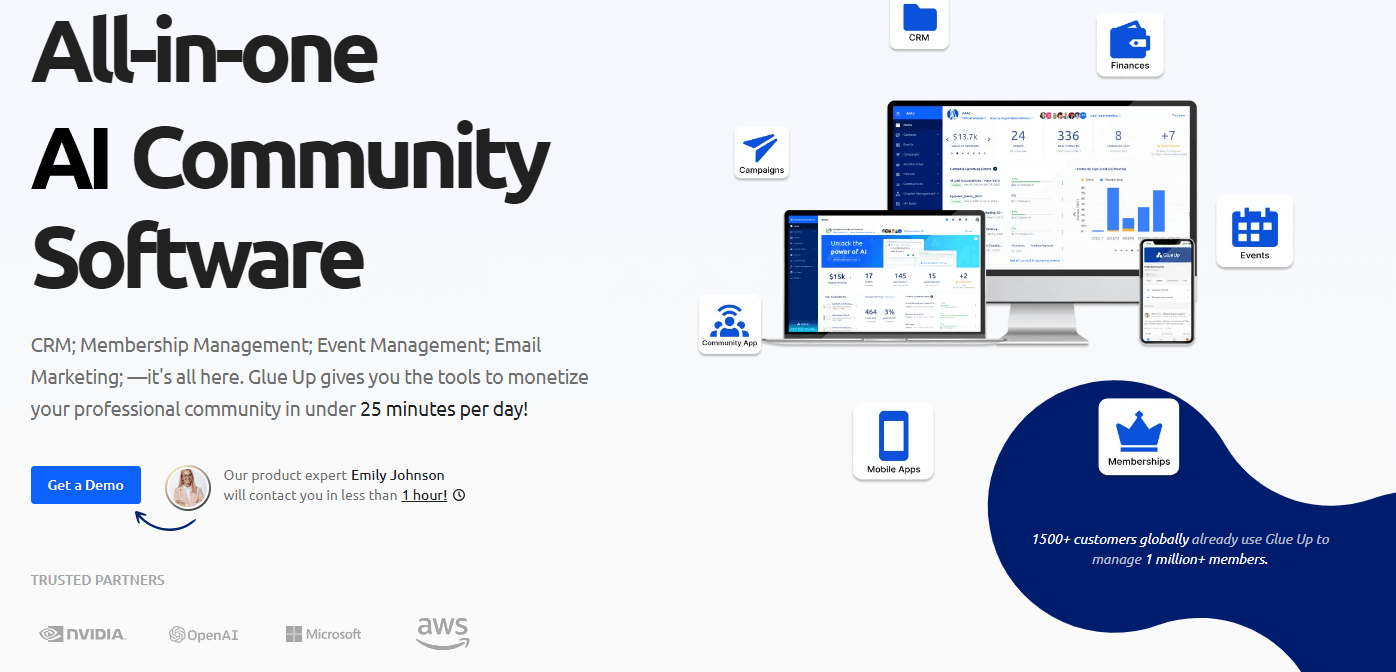
Credit: kindful.com
Ensuring Data Security
Ensuring data security is crucial for non-profit organizations. Non-profits handle sensitive information about donors, volunteers, and beneficiaries. Using CRM software can help manage this data securely and efficiently. Let’s explore some critical aspects of ensuring data security in non-profit CRM management.
Protecting Sensitive Information
Non-profits often manage sensitive data. This includes personal details of donors and beneficiaries. Protecting this information is vital. CRM systems offer features like encryption and secure user authentication. Encryption ensures that data is unreadable to unauthorized users. Secure user authentication means only authorized personnel can access the data.
Here are some key practices to protect sensitive information:
- Use strong passwords: Encourage the use of complex passwords.
- Regular updates: Ensure the CRM software is always up-to-date.
- Access controls: Limit data access based on user roles.
- Data encryption: Encrypt sensitive data both in transit and at rest.
Compliance With Regulations
Non-profits must comply with data protection laws. These laws vary by region and type of data. Common regulations include GDPR and CCPA. CRM systems can help ensure compliance by offering built-in features. These features simplify data management and reporting.
Consider the following compliance strategies:
- Understand applicable regulations: Identify the laws relevant to your organization.
- Use compliance features: Leverage CRM features designed for compliance.
- Train staff: Educate staff on data protection best practices.
- Regular audits: Conduct regular data audits to ensure compliance.
Ensuring data security and compliance is a continuous process. By using a CRM, non-profits can manage their data more securely and efficiently.
Future Trends In Non-profit Crm
Non-profits are increasingly turning to Customer Relationship Management (CRM) systems. These tools streamline operations and enhance donor engagement. As technology evolves, CRM systems for non-profits are also changing. Let’s explore some future trends in non-profit CRM.
Ai And Automation
AI and automation are transforming non-profit CRM. Automated systems can handle repetitive tasks. This saves time and reduces errors. AI can analyze data to find patterns. It helps in predicting donor behavior and optimizing campaigns.
For example, AI can suggest the best time to reach out to donors. It can also tailor messages based on donor preferences. Automation ensures that no task falls through the cracks. This allows staff to focus on more strategic activities.
Mobile Accessibility
Mobile accessibility is crucial for modern CRM systems. Many people use smartphones and tablets. Non-profits need CRMs that work well on these devices. Mobile-friendly CRMs allow staff to access data on the go. They can update information in real-time.
This flexibility is vital during events and fieldwork. Donors can also engage through mobile platforms. They can make donations, sign up for newsletters, and more. A mobile-accessible CRM enhances both staff efficiency and donor experience.
Frequently Asked Questions
What Is Crm In Non-profit Management?
CRM stands for Customer Relationship Management. For non-profits, it’s a tool to manage donors, volunteers, and events efficiently.
How Can Crm Benefit Non-profits?
CRM helps non-profits by organizing donor data, automating communications, and streamlining volunteer coordination, making operations more efficient.
Which Crm Features Are Essential For Non-profits?
Key features include donor management, event planning, volunteer tracking, and automated communication tools to enhance engagement.
Is Crm Cost-effective For Non-profits?
Yes, many CRM solutions offer special pricing or discounts for non-profits, making them affordable and cost-effective.
Conclusion
A CRM system can greatly benefit non-profit organizations. It helps manage donor relationships effectively. With a CRM, track donations and manage events easily. Enhance communication with volunteers and donors. Make data-driven decisions to improve your impact. Stay organized, save time, and boost your mission.
Implementing CRM tools is a wise move for better management. Empower your non-profit with the right CRM strategy today.

